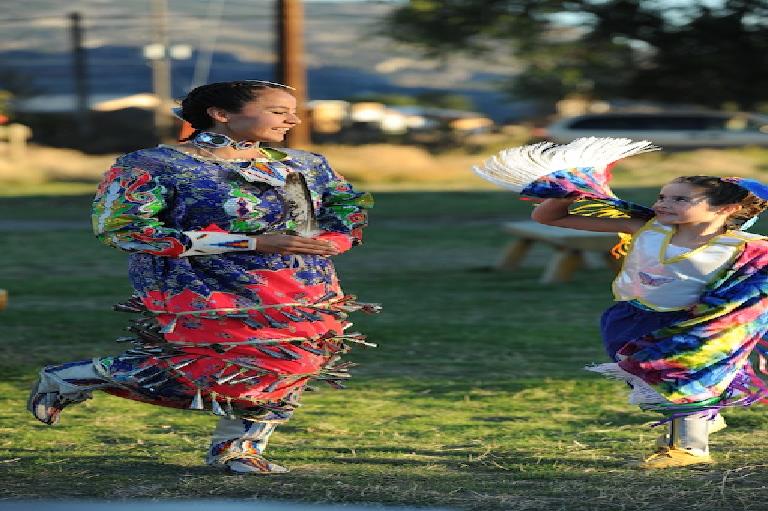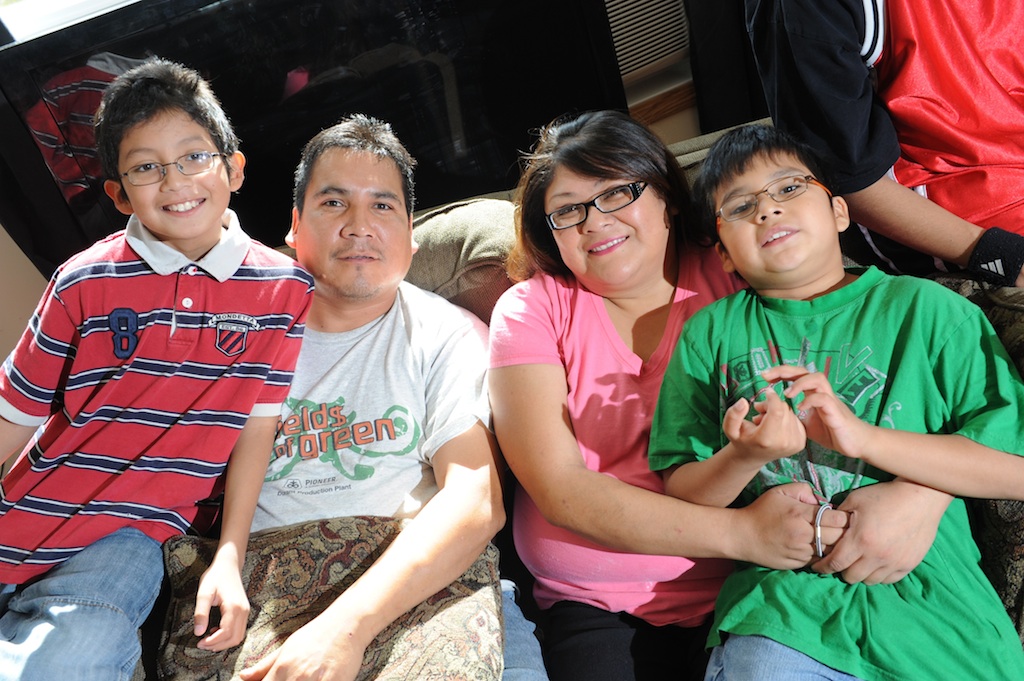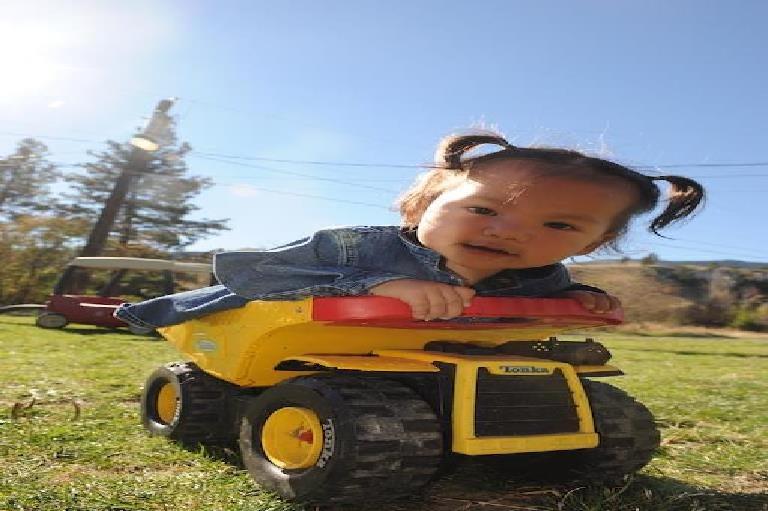How can we become the parents our children need us to be? Four new resource booklets can help First Nations and Métis parents answer this important question. The booklets were collaboratively developed by the National Collaborating Centre for Indigenous Health and BC First Nations Health Authority to share important parenting information, strategies, tips, and other resources that will help parents raise healthy, secure, confident, trusting, and resilient children. The series takes a practical and positive approach, communicating the message that “Even if you did not have the parenting that you wanted or needed, you can become the parent your child needs.”
 Growing Up Healthy
Growing Up Healthy focuses on steps parents can take to keep infants and children well through nutrition, physical activity, and caring for the body. It presents information on traditional foods, ways to provide healthy food on a budget, and low and no cost ways to encourage active living. It also includes information on other topics related to health and well-being, such as sleep, regular check-ups, immunizations, and keeping children safe. The material incorporates a holistic view of health and wellness, and offers suggestions that connect body, mind, and spirit. For example, berry picking provides a free healthy activity and time together for adults and children; it builds confidence and coordination; and it teaches children where food comes from, respect for the land, and patience.
Family Connections presents information for parents on bonding, forming secure attachments with children, and connections with extended family and community. The importance of strengthening these ties is grounded in traditional First Nations and Métis culture and values: “Traditionally, parents saw themselves as being entrusted with the spirit of the child. Children were sacred gifts and loved unconditionally. They were tended to immediately and were always comforted when they cried. As a result, children had strong roots to their family and community. They knew who they were and knew their place in society.” Material is included on some of the challenges parents may face, such as the need for healing, self-care, getting help, baby blues, and postpartum depression. As with the other booklets in this series, practical steps are described that parents can take with children at different developmental stages from pregnancy through age six.

The booklet
Parents as First Teachers focuses on early childhood learning through experience and play.
As Shawn A-in-Chut Atleo, National Chief, Assembly of First Nations, says, the goal of a bright future for children “starts with love and care in the home.” The booklet stresses the importance of exposing children to their First Nations or Métis language and culture, which will be the foundation of who they are. Positive discipline strategies are discussed, such as using praise, “time ins”, distractions, and natural consequences. To help them be the best teachers they can be, parents are encouraged to draw on a circle of support that includes friends, extended family, elders, ancestors, and community resources.
 Fatherhood is Forever
Fatherhood is Forever discusses why fathers are important, learning how to be a father, and some of the different approaches that can work in different situations. The booklet recognizes that many men grew up without an involved father and encourages: “The best thing about life is that it takes place in the moment. Every moment, you can choose a path of healing. Every step that you take in your own healing is a step towards becoming a better father.” Many ways are discussed that men can be confident and effective fathers, including providing a safe place for their children to grow, showing affection, honouring the children’s mother, and being a role model to build trust and respect. Many ideas are presented of how fathers can be involved at different stages of their child’s life, including caring for children, teaching, playing, and sharing family traditions.
To ensure wide access to the important information in this series, roughly 30,000 copies of these booklets will be distributed to communities, service providers, and organizations that reach First Nations and Métis parents throughout BC. These include Aboriginal Head Start programs, maternal-child health programs, and Friendship Centres. The booklets can also be viewed on the FNHA website.
For more information, please contact: